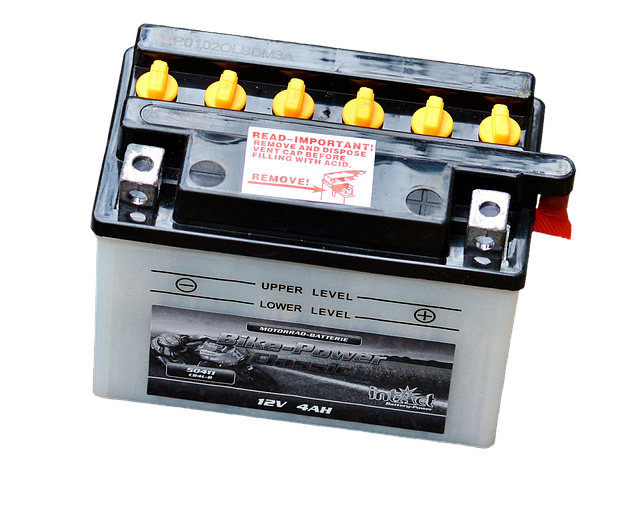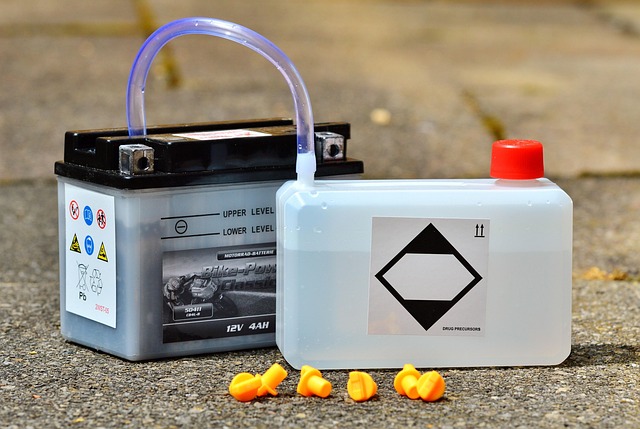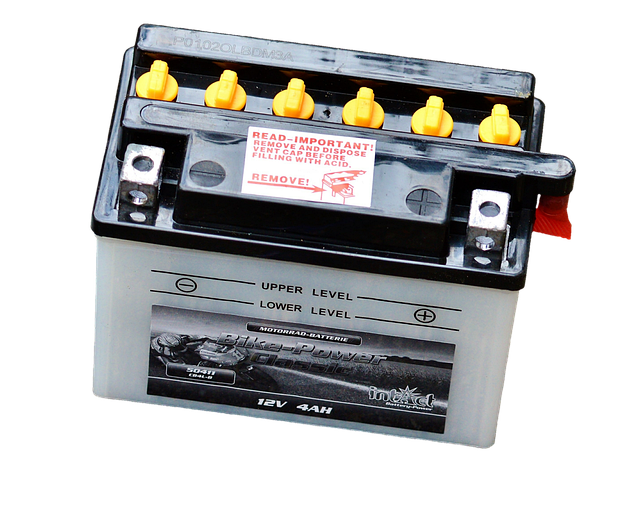The rise of electric cars has revolutionized our understanding of automotive performance, efficiency, and eco-friendliness. Central to this transformation is the battery capacity, which directly influences the overall performance of electric vehicles (EVs). When considering a shift from traditional gasoline engines to an electric alternative, the significance of battery capacity cannot be overstated.
Battery capacity, measured in kilowatt-hours (kWh), dictates not only how far an electric car can travel on a single charge but also affects acceleration, power delivery, and overall driving experience. A higher capacity means more energy stored, which translates to longer ranges and the ability to handle demanding driving conditions. For instance, if you’re cruising along a highway or navigating through urban traffic, a vehicle with a robust battery capacity can offer superior performance, requiring less frequent recharging stops.
Regular car service is vital for electric vehicles just as it is for traditional cars. The components of EVs, like their motors and battery systems, must be properly maintained to uphold performance levels. Mechanics trained in handling electric car components often emphasize the importance of battery health, as a decline in capacity can directly affect range and power. A premium battery can also contribute to decreased wear on essential car parts, ultimately extending the lifespan of the vehicle.
As you delve into the world of electric cars, it’s imperative to keep an eye on car news regarding advancements in battery technology. Innovations are rolling out at an astonishing rate, with manufacturers continually striving to enhance battery capacity without significantly increasing weight. Solid-state batteries, for example, are touted not only for their higher energy density but also for their potential for faster charging times, which could redefine how we perceive distance travel in electric vehicles.
Understanding the relationship between battery capacity and electric car performance is essential for both current owners and prospective buyers. With each new iteration of electric vehicles, from compact city cars to luxury performance models, battery technology is becoming more sophisticated. As a result, consumers are empowered to choose vehicles that best fit their lifestyles, whether that’s a vehicle for daily commuting or one designed for thrilling weekend road trips.
The landscape of the automotive industry continues to evolve, and the emphasis on sustainability has never been more pronounced. Electric cars play a pivotal role in reducing emissions and offering a cleaner alternative to conventional vehicles. Therefore, recognizing the importance of battery capacity is more than just a technical detail—it’s a cornerstone of our future mobility.




